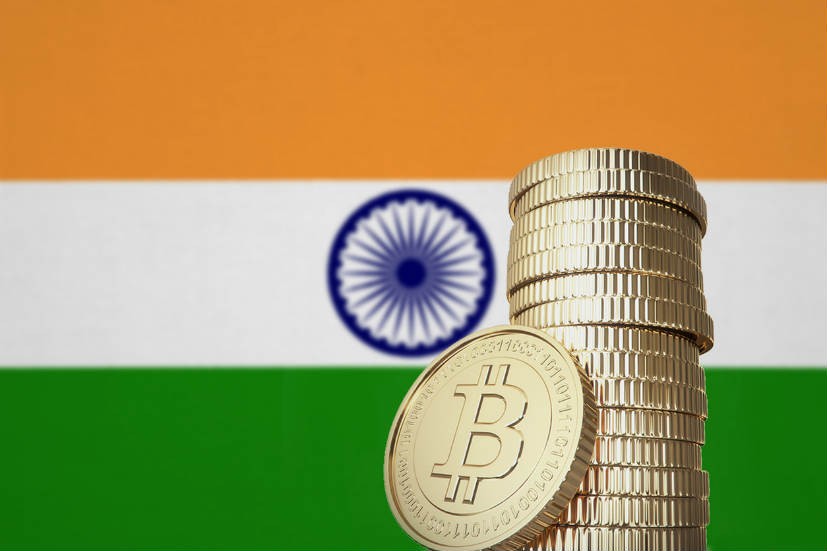Buying cryptocurrencies in India is in troubled waters as The Reserve Bank of India (RBI) in its first policy for FY19 has barred banks in the country allowing crypto dealers to trade through their bank accounts and e-wallets.
The central bank of India made the announcement on Thursday stating: “Reserve Bank has repeatedly cautioned users, holders and traders of virtual currencies, including Bitcoins, regarding various risks associated in dealing with such virtual currencies. In view of the associated risks, it has been decided that, with immediate effect, entities regulated by RBI shall not deal with or provide services to any individual or business entities dealing with or settling VCs. Regulated entities which already provide such services shall exit the relationship within a specified time. A circular in this regard is being issued separately.”
Soon after the announcement, Indian cryptocurrency market came crashing down from Rs 4.6 lakh to Rs 3.5 lakh. RBI Deputy Governor B P Kanungo said: “Digital tokens issued by private parties have been getting international attention for quite some time because of their speculative value. While the regulatory responses are not uniform, it is universally felt that they (cryptocurrencies) could seriously undermine the anti-money laundering and financial action task force framework, adversely impact market integrity and capital controls and, if they grow, they can endanger financial stability.”
The announcement has shaken cypto dealers. Crypto users have signed a petition in change.org urging RBI to reconsider its decision. Unocoin co-founder & CEO Sathvik Vishwanath said: “There has been panic-selling to some extent, so the situation is bad. We are talking to investors but nothing concrete has been decided yet.”
Varun Deshpande, co-founder at Nuo — a blockchain-powered bank for cryptocurrencies said: “We believe that this (RBI action) is a huge misstep which needs serious reconsideration. But this wouldn’t stop crypto believers from holding their crypto currencies since, going forward, it would enable access to global services and resources irrespective of whether you can liquidate them into fiat.”

